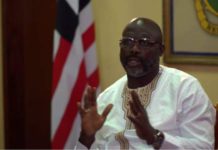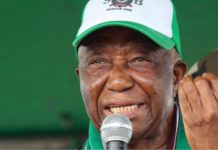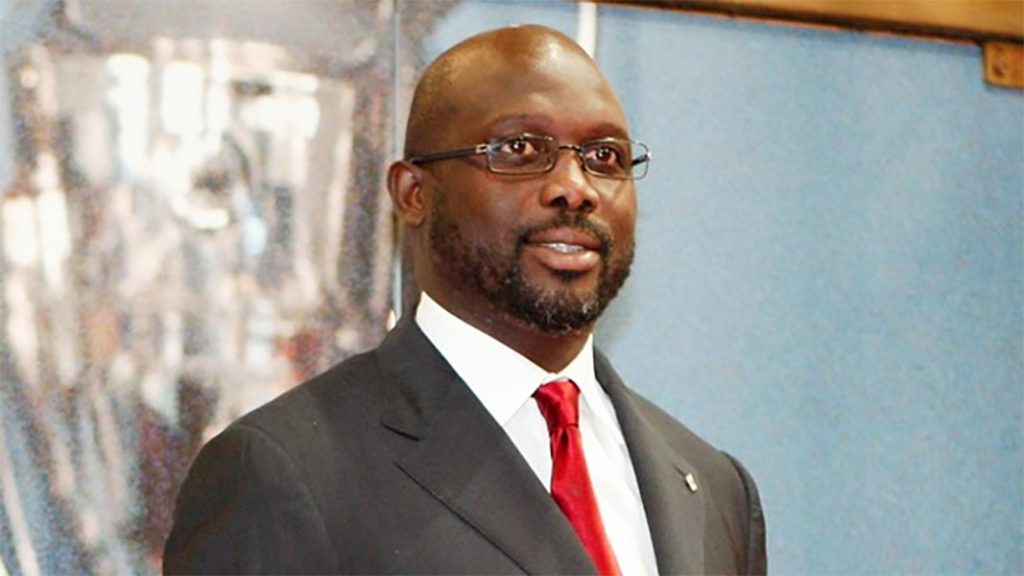
Liberians are set to vote in a fiercely contested presidential election, with former football star George Weah, 57, making a bid for a second term.
His main challenger is former Deputy President Joseph Boakai, 78.
Mr Boakai has waged his campaign under the slogan “Rescue”, arguing that the West African state went downhill during Mr Weah’s first six years in office.
But Mr Weah is confident of victory, saying that he has kept Liberia stable and has improved education.
This will be the first time that a generation of young voters, born in peace-time Liberia, will vote for a president.
A brutal civil war, which killed an estimated 250,000 people, ended two decades ago.
Many Liberians are clamouring for the establishment of a war crimes court to bring to justice the key figures behind the conflict, saying failure to do so has created a culture of impunity.
Mr Weah has so far resisted the pressure, saying that focusing on old crimes is not the best way to achieve development.
Mr Boakai – along with two other leading candidates, businessman Alexander Cummings and human rights lawyer Tiawan Gongloe – have pledged to set up a court.
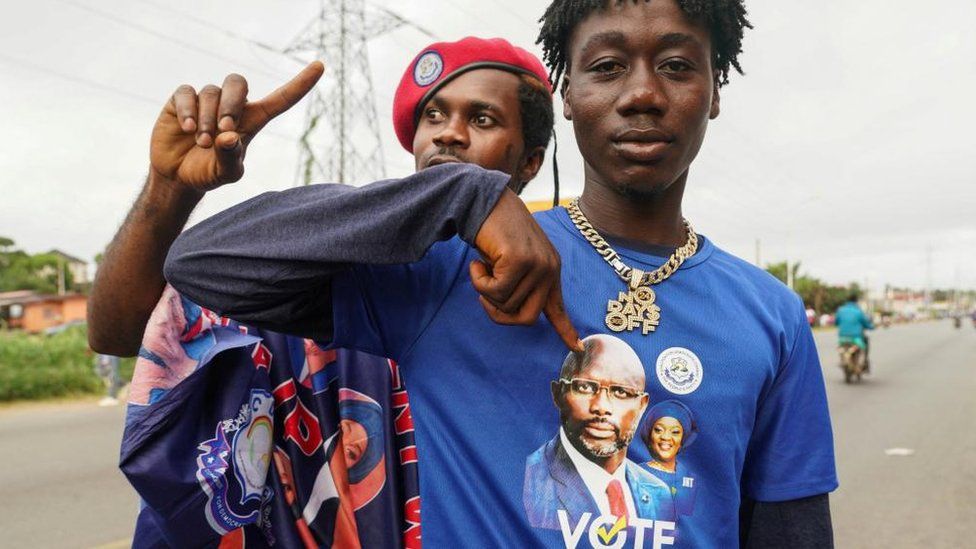
About 2.4 million people have registered to vote, with polls due to open at 08:00 GMT.
A total of 19 candidates – including two women – are running against Mr Weah, who took over from Africa’s first elected female president, Ellen Johnson Sirleaf, after she stepped down at the end of her two terms in 2018.
Voters will also cast ballots for parliamentary representatives in Tuesday’s election.
Liberia’s main parties have pledged to uphold peace during the polls, despite clashes between rival camps in the final days of the campaign.
Election-related violence left three people dead in September.
Mr Weah, who was 1995 Fifa’s World Player of the Year, entered politics following his retirement from football.
He won his first term in 2017 after securing 61% of the vote in a run-off, defeating Mr Boakai, who served as Ms Sirleaf’s deputy.
Analysts say this might be the 78-year-old’s last attempt at the presidency.
Mr Boakai’s opponents have nicknamed him “Sleepy Joe” for allegedly dozing off during public events.
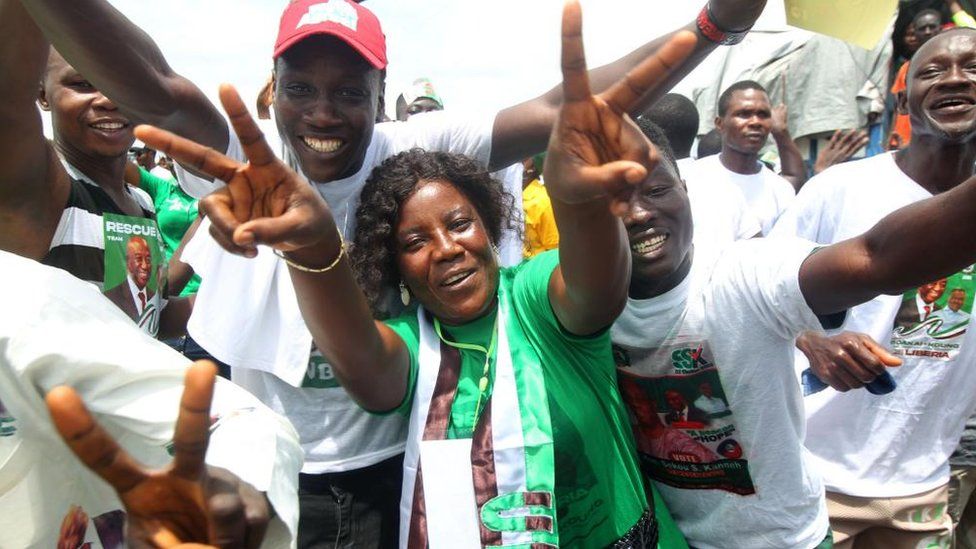
He has presented himself as a regular, honest man from a modest background and has been an outspoken critic of Mr Weah’s administration.
Mr Boakai has pledged to improve infrastructure, invest in agriculture, and strengthen tourism.
He has also accused Mr Weah of not doing enough to stamp out corruption.
In 2018, a Liberian court issued arrest warrants for more than 30 former central bank officials following the disappearance of $104m (£85m) while last year, Mr Weah fired three senior officials, including his chief of staff, after the US government sanctioned them for corruption. They denied wrongdoing.
Mr Weah dismisses claims that he has fallen short on his 2017 campaign promises, saying that he has made significant strides in his first term, including introducing free tuition for university students.
He has promised to continue economic reforms if re-elected, including creating more jobs.
Liberia’s economy grew nearly 5% last year, according to the World Bank.
But the UN development agency says that 52% of the population lives in poverty and a further 23% are vulnerable to poverty.
More than 60% of Liberians are under the age of 25.
ALSO READ:

